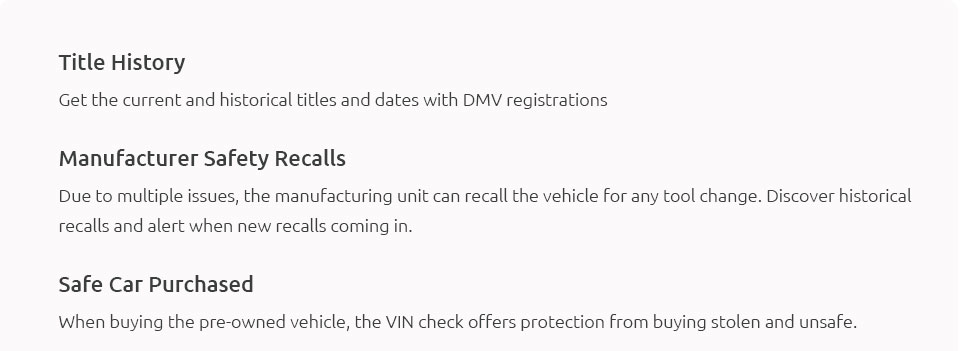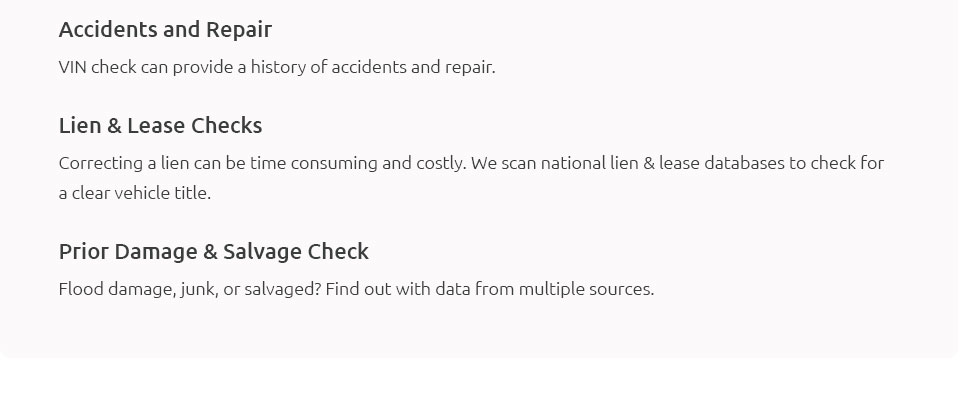 |
 |
 |
 |
 |
||
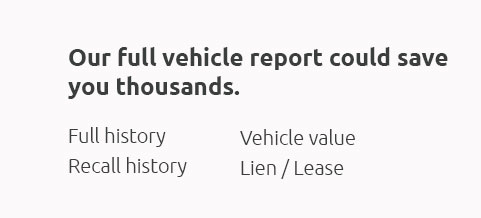 |
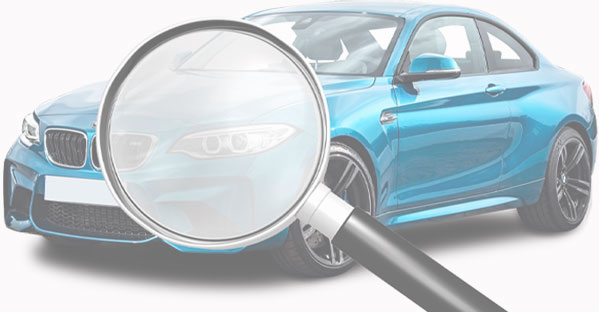 |
|
 |
 |
|
 |
 |
 |
 |
||
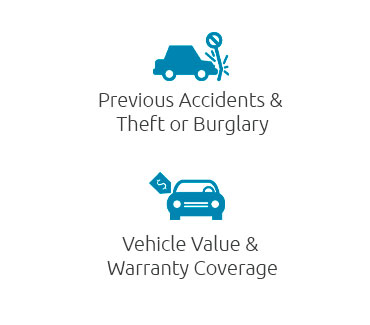 |
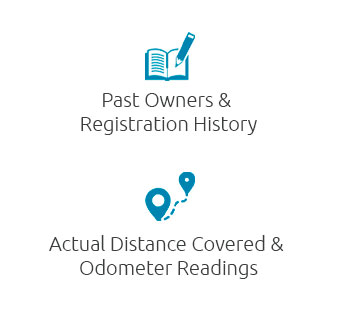 |
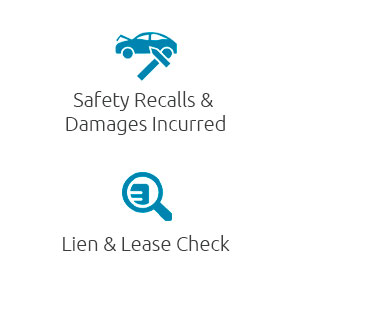 |
 |
 |
 |
||||
|
||||
 |
 |
How to Check If a Car's Been in an Accident: A Comprehensive GuideWhen buying a used car, one often wonders about its past. Has it been in an accident? This question is not just about curiosity; it’s about ensuring safety, value, and peace of mind. While many sellers are honest, some may not disclose all the details. Therefore, it's crucial to know how to detect signs of a vehicle's accident history. Firstly, obtain a vehicle history report. Companies like Carfax or AutoCheck provide comprehensive reports that reveal whether a car has been in an accident, had flood damage, or even if it was a rental car. While this is a great starting point, it's not foolproof. Not all accidents are reported to insurance companies, especially minor ones, which may not appear in these reports. Next, perform a thorough visual inspection. Examine the car in good daylight. Look for mismatched paint, uneven gaps between body panels, or new paint on certain parts. Such signs may indicate body repairs. Pay attention to the car's alignment; if it pulls to one side during a drive, this might be a result of structural damage.
Inside the car, don't ignore the interior. Water stains or mildew smells might indicate flood damage. Also, check that all seat belts work correctly and that the airbags have not been deployed, as replaced airbags are a clear sign of an accident. Moreover, listen to your instincts and the car. During a test drive, any unusual noises, vibrations, or smells should be noted. They can often hint at underlying issues that might stem from an accident. Finally, seek a professional inspection. While personal inspection can reveal a lot, a professional mechanic can provide a more detailed assessment. They have the tools and expertise to spot issues you might overlook. Though it might cost extra, this step is invaluable for ensuring the car's condition. In conclusion, while checking if a car has been in an accident may seem daunting, it is a necessary step in the used car buying process. By combining history reports, personal inspections, and professional assessments, you can make an informed decision and avoid common pitfalls. Remember, a car's history is not just about past accidents; it's a window into its future reliability and safety. https://www.quora.com/Im-thinking-of-buying-a-used-car-How-can-I-tell-if-it-has-been-in-an-accident
To tell if a used car has been in an accident, check the vehicle history report for any recorded incidents. Look for uneven gaps between body ... https://www.carfax.com/buying/how-to-check-for-accident-damage-on-a-used-car
Has My Car Been in an Accident? - Inspect the paint. - Look for paint overspray. - Check the gaps between body panels. - Examine the bumper ... https://www.youtube.com/watch?v=IRFowrZkh8I
Welcome Back Everyone and thanks for watching! I've often thought about how to be confident as to whether or not a vehicle has been in a ...
|

